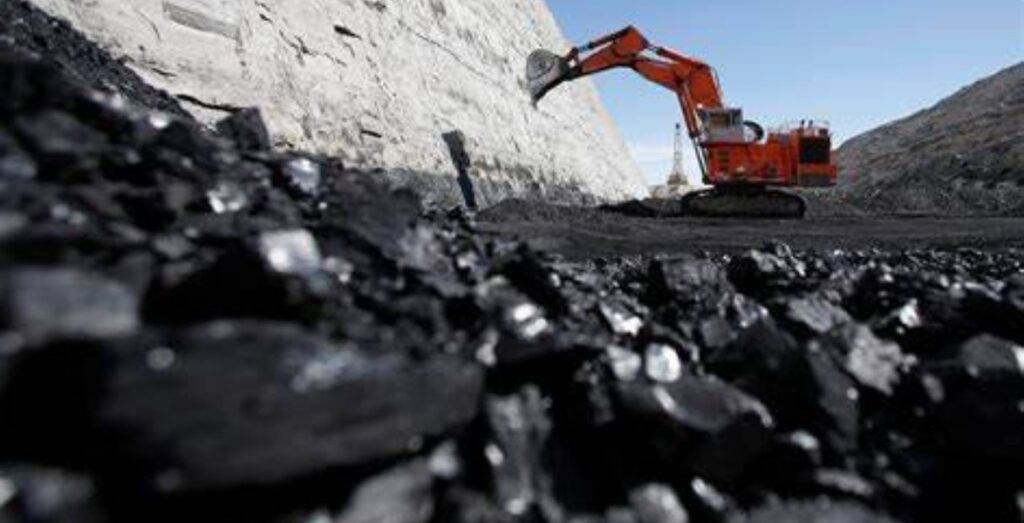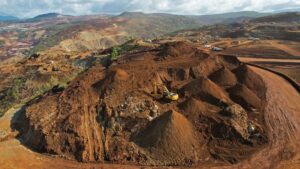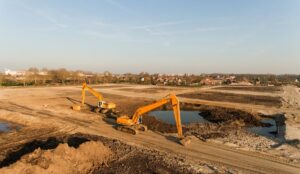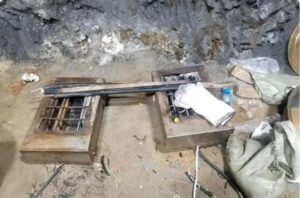

Industry Voices Mixed Reaction Over Annual RKAB Approval
JAKARTA – The government’s decision to revert the approval of Work Plan and Budget (RKAB) for mineral and coal mining operations from a three-year to an annual basis has sparked mixed reactions from industry stakeholders, with several associations warning of potential setbacks for investment certainty and operational planning.
As previously reported, Ministry of Energy and Mineral Resources (MEMR) has confirmed that annual RKAB approvals will be reinstated starting in 2026, following a push from Commission XII of the House of Representatives. The ministry is currently drafting supporting regulations and developing a digital submission platform to streamline the process
The reversal rolls back MEMR Regulation No. 10/2023, which introduced the three-year scheme. Lawmakers argued the previous model led to overproduction, citing the bauxite industry, where approved output reached 45 million tons—far exceeding the roughly 20 million tons of actual domestic absorption
The Indonesian Nickel Miners Association (APNI) voiced strong opposition, calling the move inconsistent and potentially damaging to investor confidence. APNI Secretary General Meidy Katrin Lengkey said the annual RKAB scheme would result in wasted time, effort, and cost for companies.
“This is the first cycle of the three-year RKAB policy, and the government has been rolled it back. It clearly shows regulatory inconsistency,” Meidy told. She argued that if the government aims to manage production levels, it can do so by tightening oversight on year-end revision requests rather than rolling back the entire framework.
“In most cases, those requests aren’t really ‘revisions’—they should be evaluated as part of annual performance reviews,” she added.
For the nickel industry in particular, Meidy stressed the need for demand-based planning. “We need to balance global and domestic nickel demand before approving production volumes. Without that, we risk creating another supply glut,” she said.
She also warned that switching back to annual planning would increase financial pressure on mining firms. “Budget planning in mining is long-term. Capital expenditure for equipment, manpower, technology, and infrastructure is calculated over at least five years. Even getting a three-year RKAB was already a compromise. Going back to one-year approvals makes cost and investment planning much harder,” she said, warning that regulatory flip-flops could scare off investors.
Similar views were shared by Sudirman Widhy, Chairman of the Indonesian Mining Experts Association (PERHAPI). He argued that three-year RKABs offer better clarity and security for mining companies and contractors to plan long-term investments in exploration, infrastructure, and production.
“It also benefits contractors investing in heavy equipment through bank financing, as the longer-term approval supports lease agreements. So, the three-year scheme helps strengthen the entire mining ecosystem—from operators and service providers to financial institutions,” he said.
Sudirman suspects the policy reversal is driven by recent drops in demand and prices for commodities such as coal and nickel. “If the government wants to reduce national output in response to market conditions, it should not undermine the medium- and long-term planning foundations companies rely on,” he said.
If annual approvals are reinstated, Sudirman emphasized that the Ministry of Energy and Mineral Resources (MEMR) must ensure timely issuance of permits. With over 800 mining companies currently active, the limited number of evaluators at the Directorate General of Minerals and Coal could lead to serious processing delays.
“The December–January period will become a critical bottleneck for companies trying to secure next year’s operational permits,” he warned.
Supportive
On the other hand, Indonesian Coal Mining Association (APBI) Chairman Priyadi told that the association would support whatever policy is finalized by the government. He noted that even under the three-year scheme, companies still undergo annual reviews. “And the companies often adjust their production assumptions due to fluctuating factors like coal and fuel prices,” Priyadi said.
This view was echoed by Hendra Sinadia, Executive Director of the Indonesia Mining Association (IMA). “Whether it’s one, three, or even four years, the key is how well the policy is implemented,” he said to Petromindo.com, Wednesday (16/7). “Different companies have different needs and operational scales, so a one-size-fits-all approach will always be contentious.”
Meanwhile, Hary F. Kristiono, CEO of UCoal Sumberdaya, argued that the three-year RKAB structure is more suitable for managing Indonesia’s natural resources, as it supports long-term planning for equipment, infrastructure, financing, and production strategy. He added that it reduces administrative burdens and provides banks with clearer risk assessments.
“Frequent approvals add unnecessary costs and processing delays. A three-year outlook allows for deeper evaluations and better alignment with business goals,” he said to Petromindo.com, on Wednesday (16/7).
According to Hary, the current oversupply and price pressure in certain minerals is not caused by the multi-year RKAB model, but by external market factors such as weaker Chinese manufacturing, rising renewable energy capacity, and the domestic push for energy security. “The market can turn quickly, and when it does, having the flexibility to ramp up production can help increase non-tax revenues for the state,” he said.
Sumber : https://coalmetal.asia/article/industry-voices-mixed-reaction-over-annual-rkab-approval




